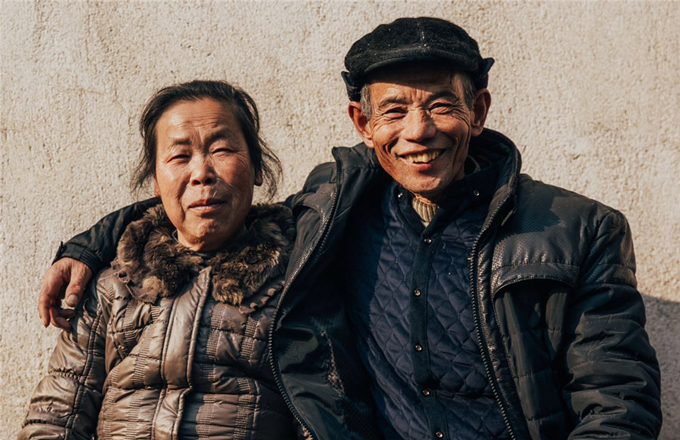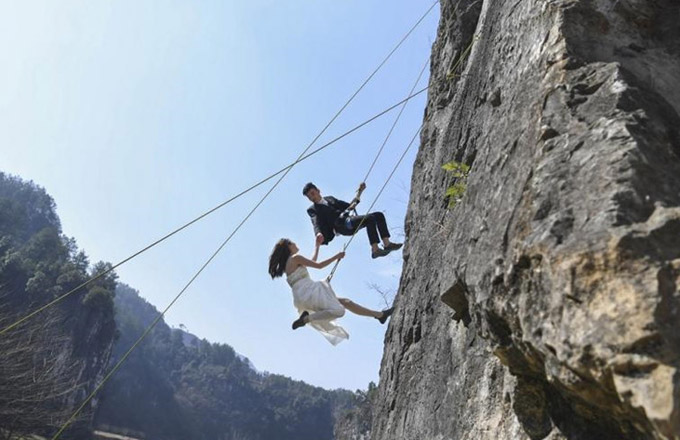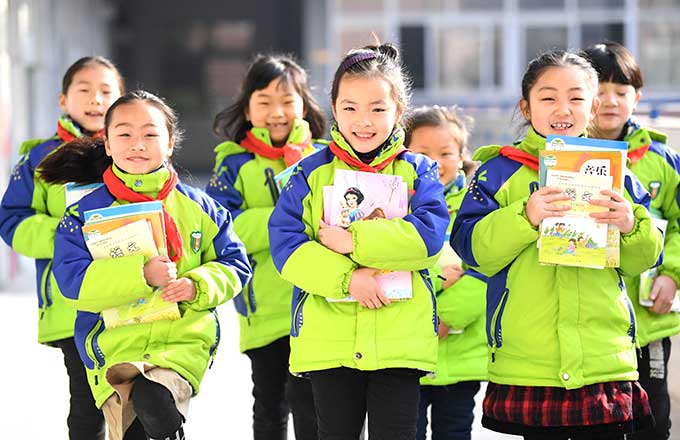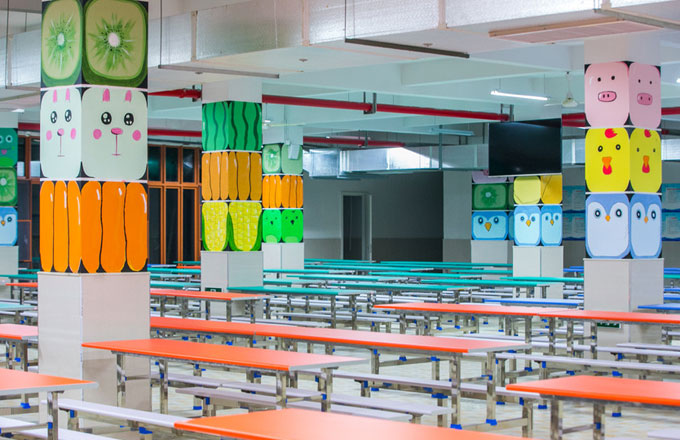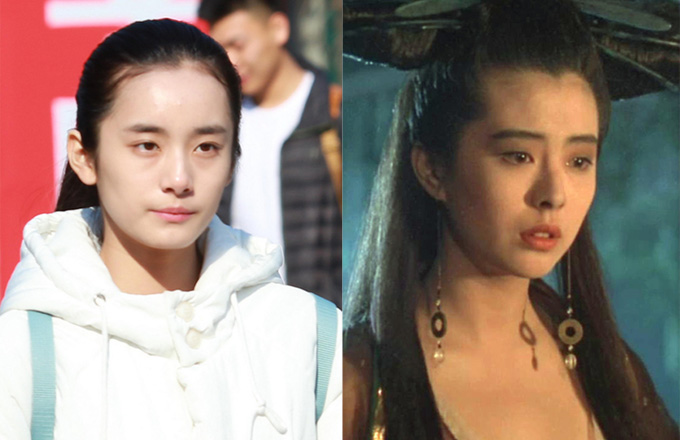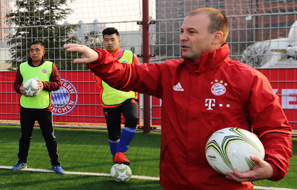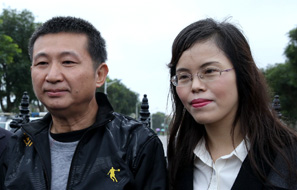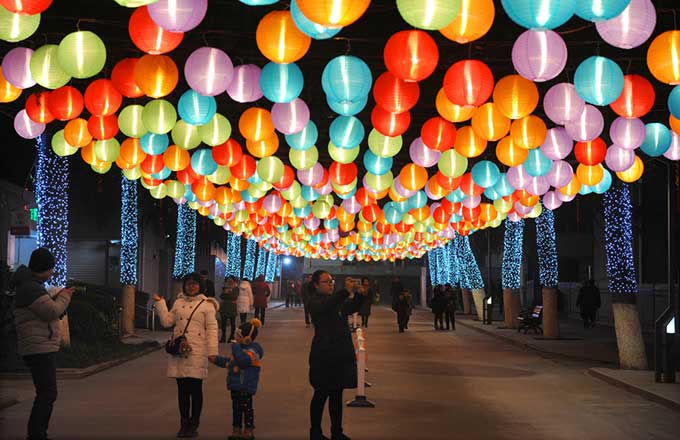Retired teacher made African dance her life
Li Yayuan has the looks of a classic Chinese dancer. But she devoted her career of more than 50 years to African dance and became the first non-African to gain approval from two nations on the continent to teach their ethnic dances.
Fair-skinned, slim and "obvious dancing material", the teenage Li was selected to study Chinese classic and folk dances at Beijing Dance Academy in 1959.
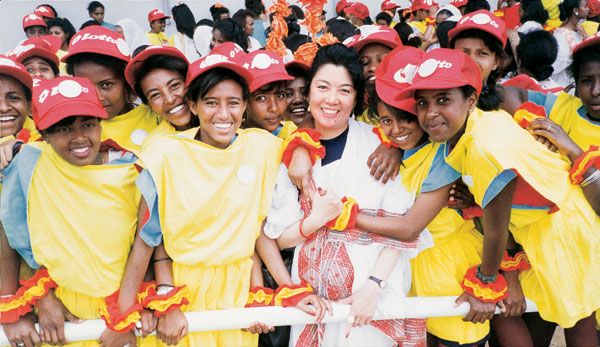 |
|
Li Yayuan directs a calisthenics group to celebrate Eritrea's Independence Day celebrations in 1996. Provided to China Daily |
Upon graduation, she joined the China Oriental Song and Dance Ensemble in 1965, a national troupe with international cultural exchange as its mission. Li's first task after her induction was a two-month study session with Guinea's national dance troupe.
"Passionate" African dance would become a new specialty for Li, who was to be the troupe's lead dancer, though she knew nothing about the art.
"Before the training, African dance was hip-wagging to me," Li recalled, "I had to start from zero." She said it was like enrolling in dance school again.
"My biggest joy at that time was expressing African beats and feelings through my movements, " Li said.
That joy would became her lifelong pursuit.
In 1969, she toured China with Tanzania's national dance troupe. Then-premier Zhou Enlai, met her and told her: "Don't ever forget your African moves. Dance more." These words became Li's motto.
She went to Senegal to study its local dance and was drenched in sweat every day. "To express its vigor, your legs should be constantly moving."
The slender dancer said she really needed to summon up her strength at the time.
"But I've fallen in love with Africa and its dance, I'm willing to work hard for it," she said. In turn, the vigor and warmth from the dances changed the delicate-looking introvert into a more outgoing and cheerful person.
"African dance speaks a language of passion. I was transformed by living with that."
She also studied French to better understand the local culture in Senegal. A severe case of malaria didn't stop her intensive schedule. In a year, she lost more than 12 kilograms but passed all her exams with flying colors.
She was the first foreigner to become a teacher of ethnic dance in Senegal, and also became an honorary member of its national theater.
But she aimed to be even more of a dance polyglot and went to Tunisia in 1997 to study North African dance. Li was 52 by then, and the Arabic dance genre was entirely new to her.
She had to start afresh with the fundamentals, among them, swaying her hips in the traditional Arabic manner.
For a proper, real sway, Li practiced for hours more than the school's schedule required. "I was in such pain from all the peculiar turning that I thought I had hepatitis," she said.
She nevertheless became the country's first state-accredited foreign teacher of local dance.
And Li has always been a teacher of Chinese dances for African students.
She started a Chinese dancing class in Mauritius in 1984, and taught in Reunion for two years.
Thanks to her, the Flying to the Sky dance was introduced to Africa, as well as the now -famous Friendship Dance, which she choreographed with a combination of movements and folk songs from China and Africa.
Years after her teaching ended, Li would still receive students' letters and shed tears at the warmth expressed in them.
"Africa is my other home. Africans are all my friends. I love them dearly," Li said.
That love has seeped into her creative work. Her signature work was a montage called African Impressions.
She choreographed group calisthenics for Eritrea's Independence Day celebrations in 1996. "I know their dance numbers well. Moreover, I understand their sense of festivity."
Li has been promoting exchanges between the two cultures with her expertise, even after her retirement in 2000. She has staged various performances for both African and Chinese audiences. Li also tutors dance troupes and prepares them for visits to the other side of the world.
"I have a principle, a troupe should always sing a local folk song while there. That's the best interaction," she said.
She's 68 and keeps herself informed on developments in African dance. "Whenever an African dance troupe tours China, I go and watch," she said.
"I wish I was 20 years younger, as there is so much more I'd love to do."
sunye@chinadaily.com.cn


